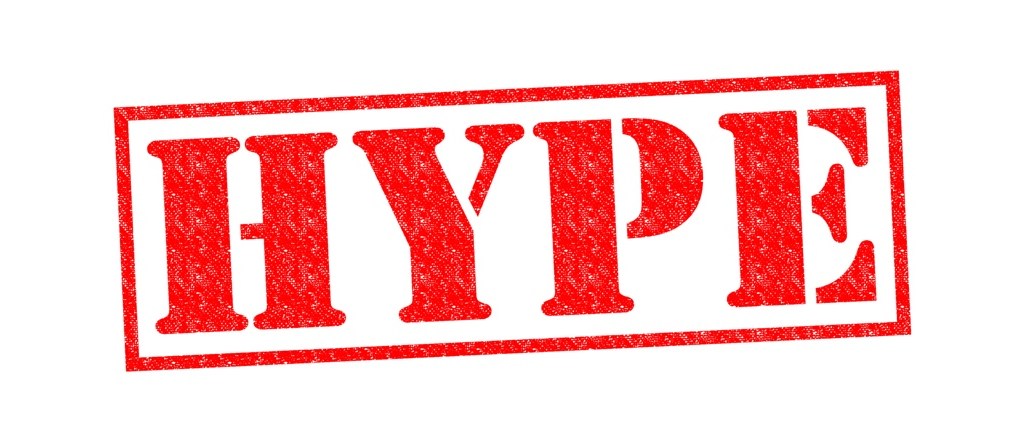Last chance to save on Digiday Publishing Summit passes is February 9

It’s predictions season in medialand, and there is no shortage of rose-colored takes at where the industry is going in 2017.
We’re going the other way.
Instead of whispering sweet nothings about what the new year’s going to be, we’re going to tell you what won’t happen. We’re not trying to be Negative Nancies. We’re not trying to turd up the punch at your holiday party. We just want you to have a clear vision when you report back to duty (after the hangover wears off, of course). In a few cases, these predictions have been lightly edited for brevity:
Tim Mahlman, president, AOL Platforms
Walled gardens will not drop their walls. You’re not going to see the duopoly change the way they’re thinking.
Alex Wellen, Chief Product Officer, CNN
Machine learning and artificial intelligence is the future, but 2017 isn’t further enough in the future. The only conversations worth having with a chatbot will need to be simple, repeatable and essential.
Todd Krizelman, CEO, Mediaradar
Ad blocking will continue to be more hype (and threat) than actually creating a ceiling on ad spend. Why? Publishers are making ads more palatable, they are speeding up pages (think Google AMP), and demand from marketers for digital solutions remains robust.
Charlie Fiordalis, Chief Digital Officer, Media Storm
Twitter isn’t going to regain its position as a preeminent social platform. It pains me to say it, because I’m an avid user, but they’ve lost the cool factor, have stopped growing and haven’t been able to break through as an OTT platform.
Dennis Yuscavitch, head of product, Outbrain
This will be the year that publishers won’t have to guess at the value of each individual piece of content. A publisher can say, “If I have to syndicate, I can be in a better position to figure out what kind of content to syndicate.”
Richie Hyden, co-founder, IRIS.tv
The rise of VR was a fad of 2016 and one that will not continue into the premium media market in 2017 due to cost. The cost of creating and distributing VR far outweighs the monetization opportunity, and, therefore, mass-market attrition will be slow, especially given the marginalized digital ad market we are seeing today.
Nick Cicero, CEO, Delmondo
What’s not going to happen is the same level of excitement by publishers to dedicate resources to Snapchat as they were to start. For those not working directly with Snapchat, the monetization outlook isn’t much better, as they have been hesitant to embrace any brand or organization that isn’t a Discover partner.
Michael Rothman, founder, Fatherly
There still will not be an efficient marketplace for content marketing, even as the practice continues to become more impactful for publishers and brands alike. Content-marketing budgets will remain a jump ball between media, communications, social, CRM, innovation and production teams at brands and agencies, rewarding agile publishers who can navigate between multiple and often competing stakeholders.
Alan Murray, Chief Content Officer, Time Inc.
Donald Trump’s Twitter handle will NOT be taken away from him after he becomes president.
More in Media

In Graphic Detail: The scale of the challenge facing publishers, politicians eager to damage Google’s adland dominance
Last year was a blowout ad revenue year for Google, despite challenges from several quarters.

Why Walmart is basically a tech company now
The retail giant joined the Nasdaq exchange, also home to technology companies like Amazon, in December.

The Athletic invests in live blogs, video to insulate sports coverage from AI scraping
As the Super Bowl and Winter Olympics collide, The Athletic is leaning into live blogs and video to keeps fans locked in, and AI bots at bay.





